#coca-cola history
Explore tagged Tumblr posts
Text
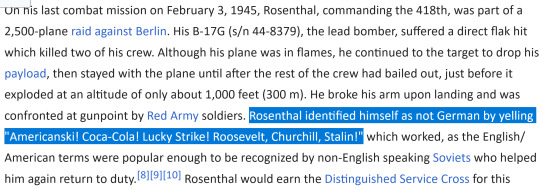
something incredibly American about an Allied trooper yelling brand names at Soviets until they recognize him as an ally.
29K notes
·
View notes
Text
youtube
On May 8, 1886, the world witnessed a quiet but groundbreaking moment in beverage history. Dr. John Stith Pemberton, an Atlanta-based pharmacist, introduced a syrup that would become the foundation of Coca-Cola, one of the most iconic drinks of all time. This first glass was served at Jacobs’ Pharmacy in downtown Atlanta, marking the beginning of a brand that would go on to captivate the globe.
In this blog, we explore the fascinating origin of Coca-Cola, its features, and the factors behind its rise to worldwide fame.
Coca-Cola’s Historic Debut
Jacobs’ Pharmacy: On that fateful day, Jacobs’ Pharmacy became the birthplace of Coca-Cola. This popular Atlanta pharmacy served as both a soda fountain and a hub for social interactions.
Dr. John Pemberton’s Vision: Dr. Pemberton envisioned creating a beverage that was both medicinal and enjoyable. Coca-Cola was initially promoted as a health tonic, claiming to relieve headaches and fatigue.
Affordable Pricing: The first glass of Coca-Cola sold for just five cents. This affordable price made the drink accessible to a wide audience, setting the stage for its popularity.
Features of the Original Coca-Cola
Unique Recipe:
A blend of coca leaf extract and kola nut provided the drink’s caffeine content.
The addition of sugar and natural flavors balanced its taste.
Carbonated water gave it its signature fizz.
Health Claims: Coca-Cola was marketed as a brain tonic and remedy for ailments like indigestion and exhaustion.
Distinct Branding:
The name "Coca-Cola" was suggested by Pemberton’s bookkeeper, Frank Robinson, who also hand-designed the logo.
The logo’s cursive script remains a hallmark of the brand to this day.
Handcrafted Syrup: Every batch of syrup was personally made by Dr. Pemberton in his small laboratory.
Jacobs’ Pharmacy: The Launchpad
Jacobs’ Pharmacy played a pivotal role in Coca-Cola’s story:
First Retailer: As the first location to sell Coca-Cola, Jacobs’ Pharmacy introduced the drink to Atlanta locals.
Social Hub: The pharmacy’s soda fountain drew a steady stream of customers who became the first Coca-Cola enthusiasts.
Word of Mouth: Patrons began spreading the word about this refreshing new drink, creating organic buzz.
Coca-Cola’s Evolution: From Local Beverage to Global Brand
Humble Beginnings:
Coca-Cola sold only nine glasses per day on average during its first year.
Financial difficulties led Dr. Pemberton to sell parts of the company to investors.
Asa Candler’s Vision:
In 1888, Asa Candler purchased full ownership of Coca-Cola for $2,300.
He implemented strategic marketing initiatives, turning Coca-Cola into a household name.
Innovative Marketing Strategies:
Free sample coupons introduced the drink to new customers.
Slogans like "Delicious and Refreshing" highlighted Coca-Cola’s unique flavor and appeal.
Bottling Revolution:
In 1899, Coca-Cola began bottling operations, making the drink more accessible and portable.
This move marked a significant step toward the brand’s global expansion.
International Reach:
Coca-Cola entered international markets in the early 1900s, starting with Canada, Cuba, and Panama.
Its universal appeal helped it transcend cultural and geographical boundaries.
What Makes Coca-Cola Unique?
Secret Formula:
Known as "Merchandise 7X," the formula for Coca-Cola remains a tightly guarded secret.
This mystery enhances its allure and sets it apart from competitors.
Contour Bottle Design:
Introduced in 1915, the Coca-Cola bottle’s iconic shape ensures instant recognition.
Its unique design is both functional and symbolic of the brand’s identity.
Timeless Branding:
The Coca-Cola logo and red-and-white color scheme have remained largely unchanged for over a century.
This consistency strengthens its global brand recognition.
Emotional Connection:
Coca-Cola’s marketing often focuses on happiness, togetherness, and celebration.
These themes create a strong emotional bond with consumers worldwide.
Coca-Cola’s Cultural Significance
A Reflection of the Times: Coca-Cola evolved from a temperance drink to a symbol of joy, adapting to societal changes while maintaining its essence.
Global Icon: From Christmas advertising featuring Santa Claus to sponsoring major sports events, Coca-Cola is a cultural ambassador.
Pop Art Inspiration: Artists like Andy Warhol celebrated Coca-Cola in their work, highlighting its role as a cultural touchstone.
Fun Facts About Coca-Cola
First Soda in Space: Coca-Cola was the first soda consumed in space, showcasing its innovative spirit.
Ubiquitous Brand: The Coca-Cola logo is recognized by 94% of the world’s population.
Santa Claus Connection: Coca-Cola’s Christmas campaigns helped popularize the modern image of Santa Claus in red and white.
Original Bottle Design: The early Coca-Cola bottles were made in a greenish hue called "Georgia Green."
Legacy of May 8, 1886
Global Reach: Coca-Cola is now sold in over 200 countries, with 1.9 billion servings consumed daily.
Economic Impact: The company’s growth has spurred innovation and created jobs in diverse industries.
Enduring Inspiration: Coca-Cola’s journey shows how vision, innovation, and perseverance can transform an idea into a global phenomenon.
Lessons from Coca-Cola’s Story
Start Small, Dream Big: Dr. Pemberton’s modest syrup creation became a cultural and commercial giant.
The Power of Marketing: Asa Candler’s strategic advertising propelled Coca-Cola to global success.
Adaptability Matters: Coca-Cola’s ability to evolve with changing markets and trends ensures its enduring popularity.
Conclusion
The first glass of Coca-Cola, poured at Jacobs’ Pharmacy on May 8, 1886, was more than just a drink—it was the beginning of a legacy. What started as a simple syrup in Atlanta has grown into a symbol of joy, celebration, and connection worldwide.
As you enjoy your next Coca-Cola, remember its remarkable journey. From Dr. Pemberton’s small laboratory to the hands of billions, every sip is a reminder of the power of innovation and vision.
Go To The Historical Milestone: May 8, 1886
#coca-cola history#john pemberton#jacobs pharmacy#1886 coca-cola#coca-cola origins#atlanta beverage history#first coca-cola#coca-cola branding#coca-cola marketing#iconic beverages#soda fountain history#global beverage brands#coca-cola secret formula#contour bottle design#coca-cola cultural impact#Youtube
0 notes
Text
Gentrified food snacks
#tiktok#comedy#stand up comedy#comedians#stand up#jokes#coca cola#snack food#funny#capital vs labor#history
55K notes
·
View notes
Text
you should give me a han dynasty vase. i deserve a han dynasty vase. if i had a han dynasty vase id take really good care of it and put it on my bedside table so the first thing i see when i wake up will be my han dynasty vase. most of my house is carpeted so you don't need to worry about me dropping it or anything. and if i did drop it i'd glue it back together real careful you wouldn't even see the cracks.
#gtc#Dropping a Han Dynasty Vase is a very powerful work of art and i Get It and all. but also. me want old vase. me want piece of history#to hold in my hands#ai wei wei ur being very selfish by dropping your han dynasty vase and painting coca cola logos on them when there are people (me) who don'#have ONE han dynasty vase and would like to have one han dynasty vase very bad#i have a great idea for your next work it's called Giving a Han Dynasty Vase to [redacted] from [redacted]. it's going to be a big hit with#lovers of han dynasty vases (me). i'll pay for the shipping and the bubble wrap
84 notes
·
View notes
Text

We are not who we fuck☆゚.*・。゚☆゚.*・。゚
#lana del rey#coquette#aesthetic#art#cute#poetry#love#this is what makes us girls#lizzy grant#hell is a teenage girl#old hollywood#hole#hole band#cowboy#coca cola#courtney love#kurt cobain#grunge#im just a girl#girl interrupted#female hysteria#manic pixie dream girl#2014 grunge#just girly things#history#coquette hair#girl hysteria#lover you should've come over#ldr#my year of rest and relaxation
120 notes
·
View notes
Text



















Ted Kotcheff, the Canadian filmmaker who made First Blood (1982) and Weekend at Bernie's (1989), worked at Norm's Open Kitchen.
The Toronto greasy spoon was owned by his father. It was located one block east of the notorious Fillmore's.
“I worked at my dad’s diner, Norm’s [Open Kitchen], at the corner of Dundas and Pembroke,” said Kotcheff. “The place was full of lowlifes and colorful characters. One of them was an aging leftie who wore a beret and a cape … He pressed me to join the Left Wing Book Club … It was a kind of Socialist Book of the Month Club … During one of the book deliveries, the postman spoke to my mother and reproached her for allowing her son to belong to a ‘Commie front’ book club. I suppose this should have alerted me to the fact that I was being snooped on by the Royal Canadian Mounted Police…”
#ted kotcheff#rambo#first blood#toronto#weekend at bernie's#history of canadian comedy#diner#diners#luncheonette#coca cola#ontario#canada#vintage
20 notes
·
View notes
Text

Andy Warhol
Green Coca-Cola Bottles
1962
#andy warhol#warhol factory#pop art#pop artist#american artist#american painter#american painting#coca cola#Warhol aesthetic#the factory#queer artist#queer painter#queer art history#modern art#art history#aesthetictumblr#tumblraesthetic#tumblrpic#american art#tumblr art#tumblrstyle#artists on tumblr#tumblrpictures
167 notes
·
View notes
Text
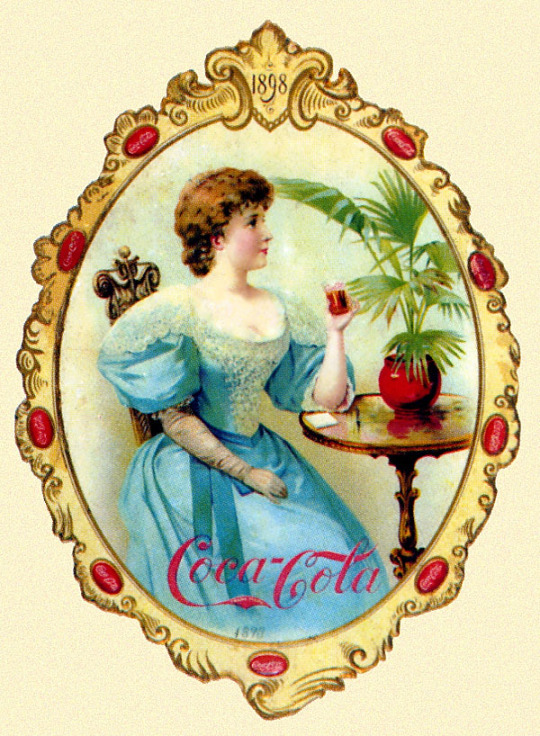
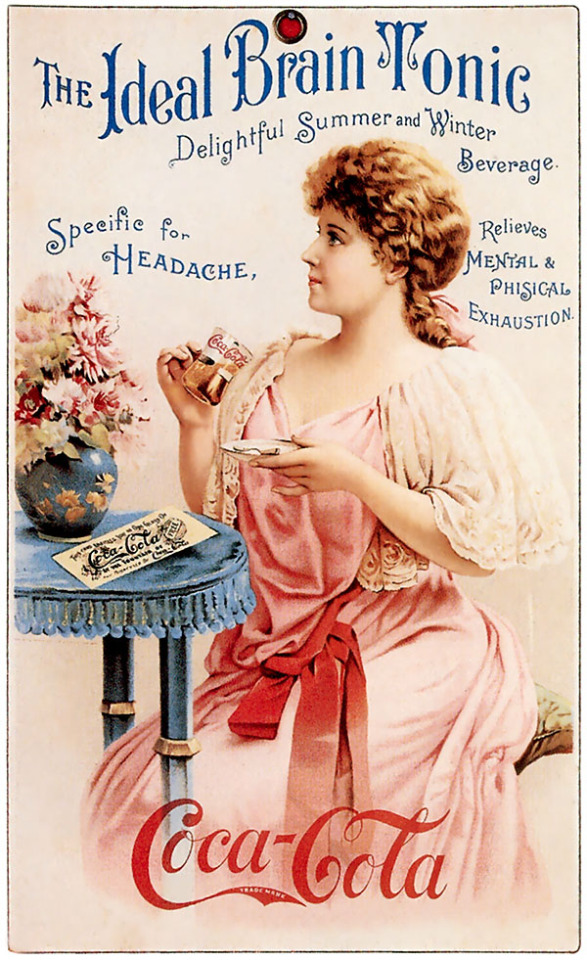
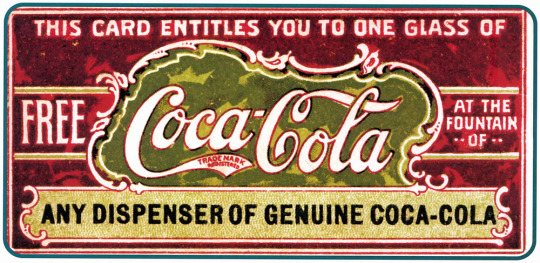
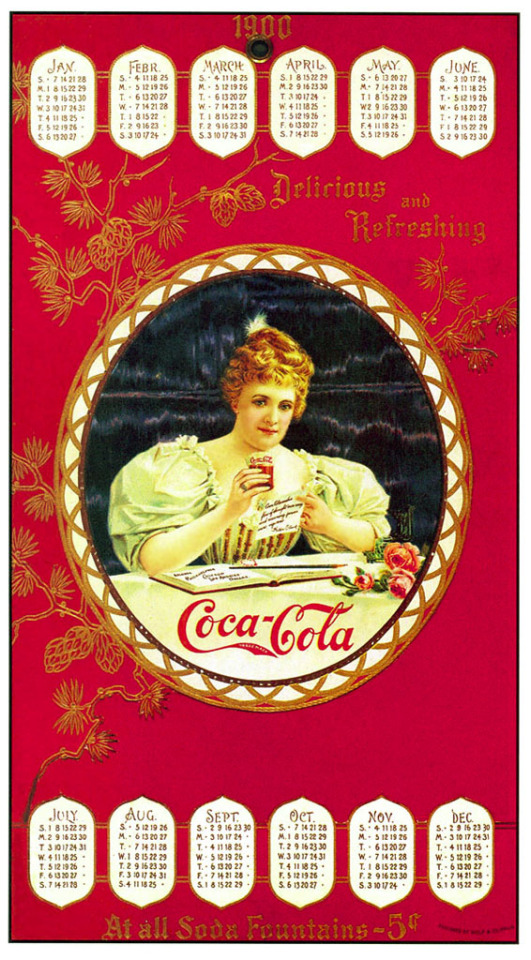
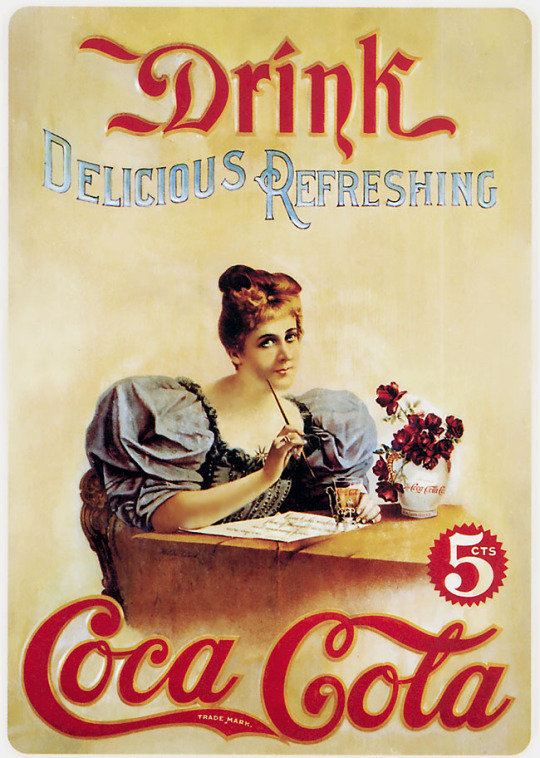

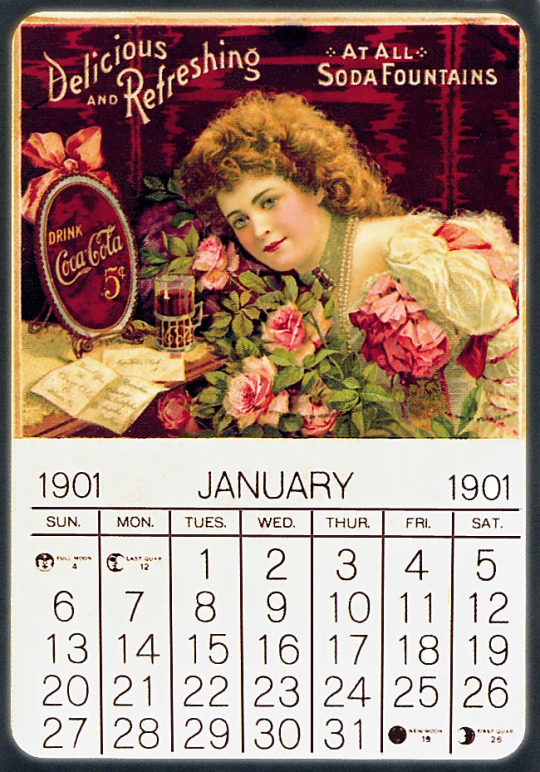
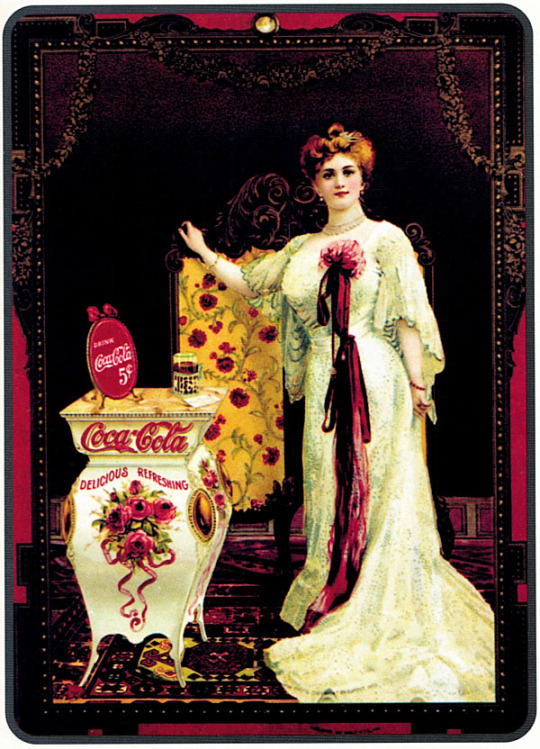
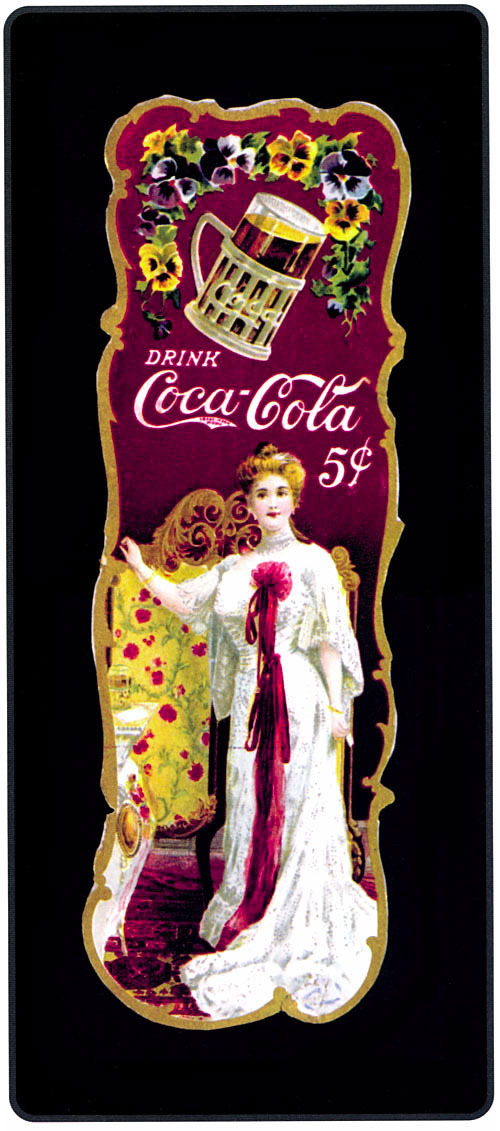
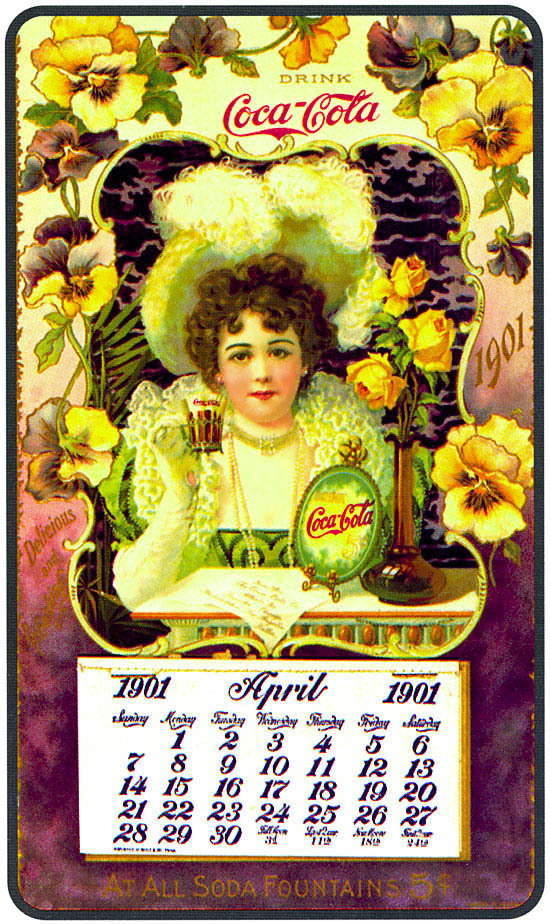
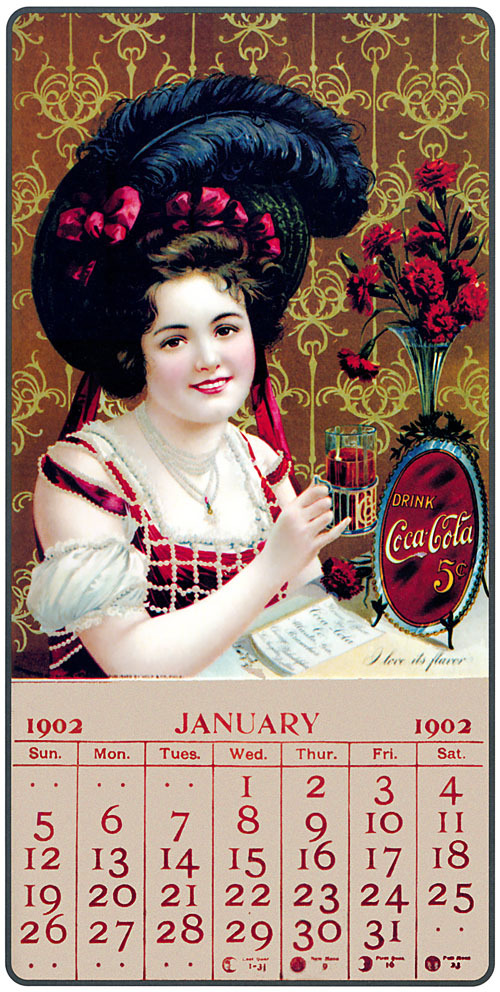
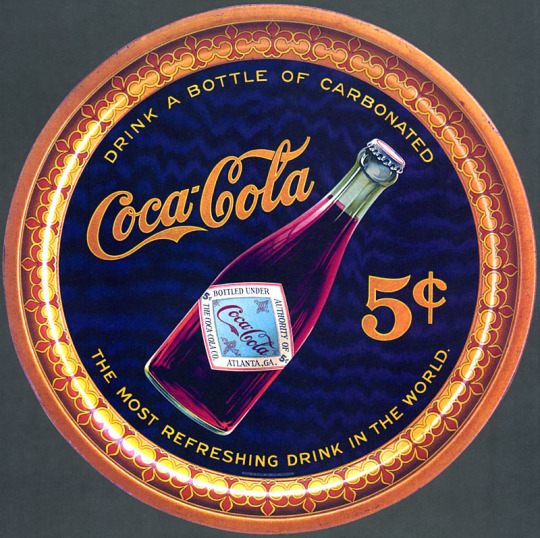
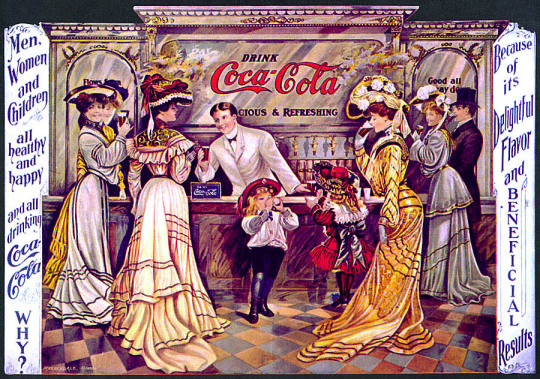
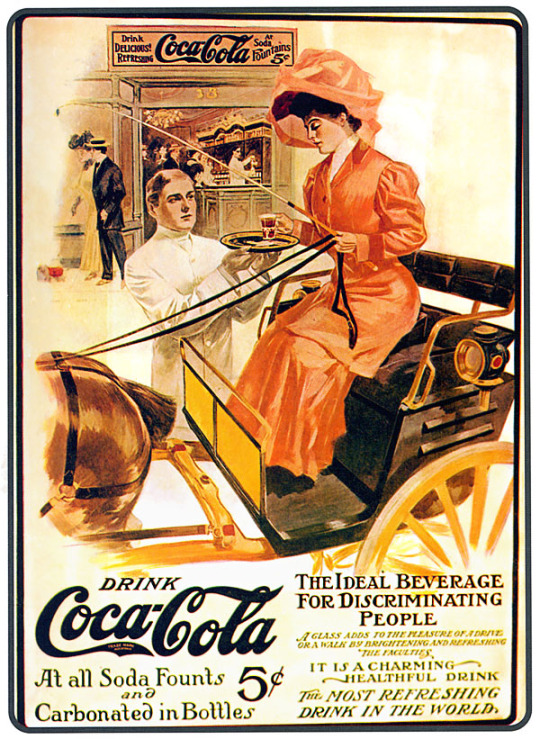
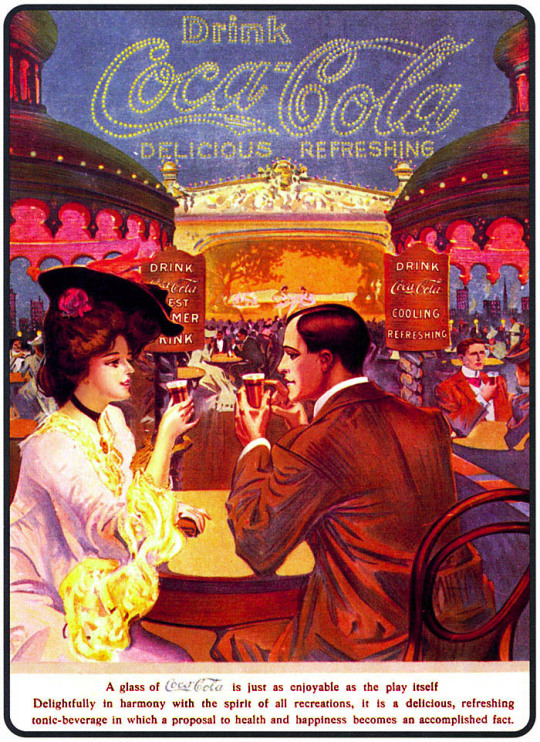
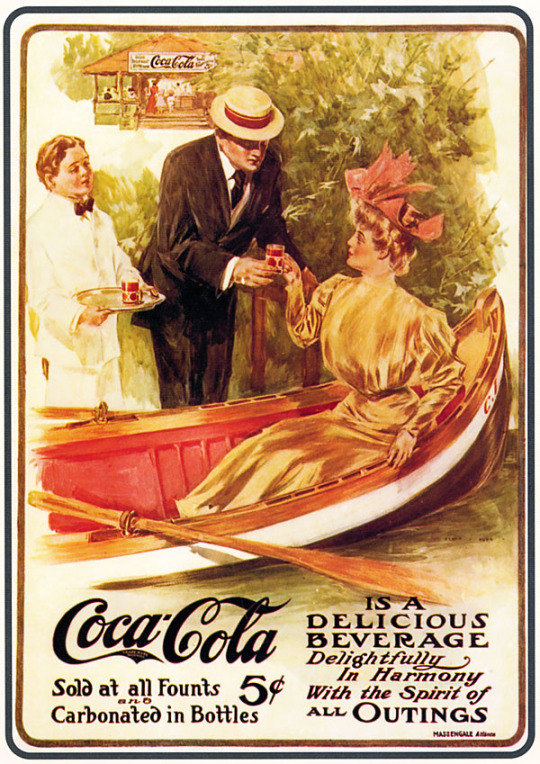
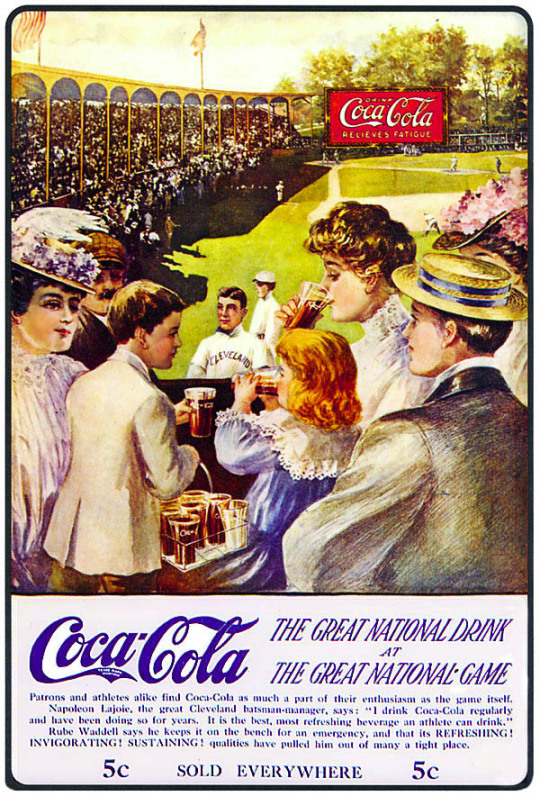
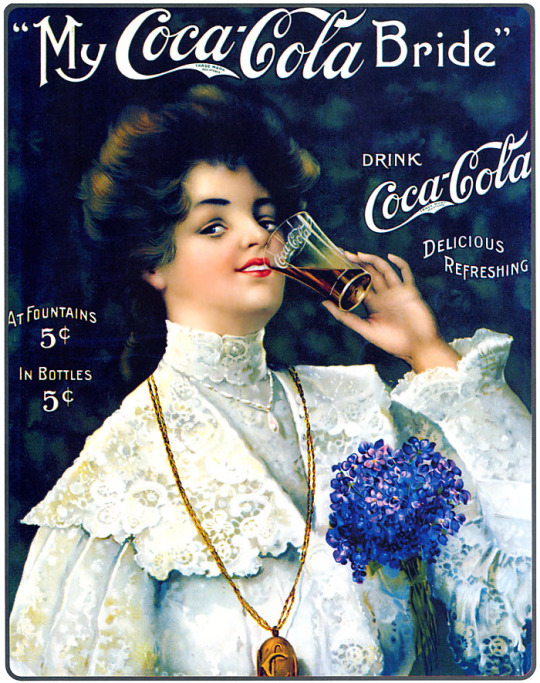
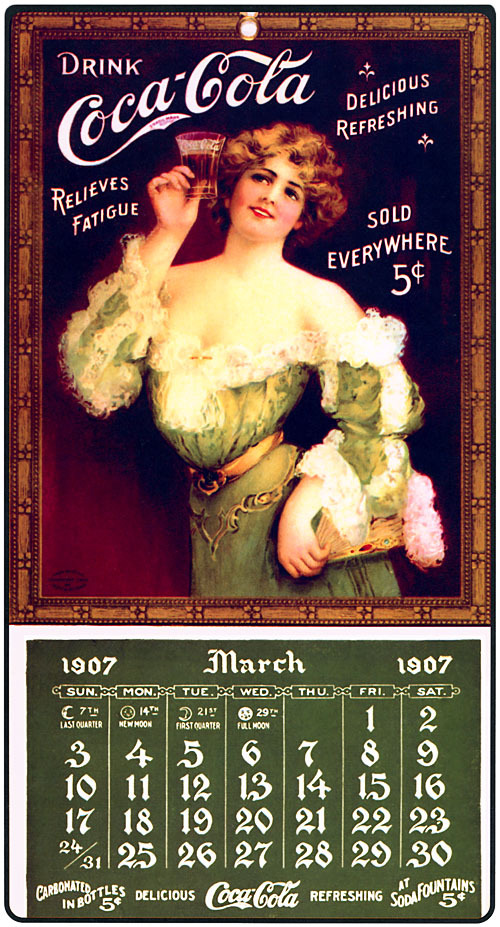
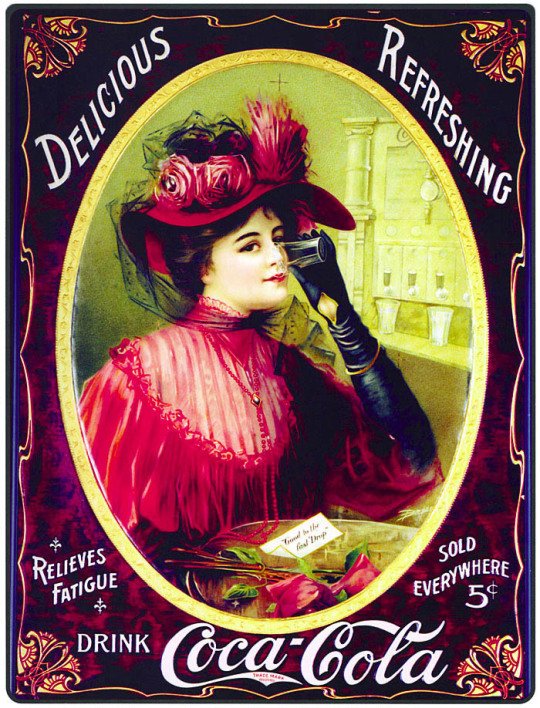

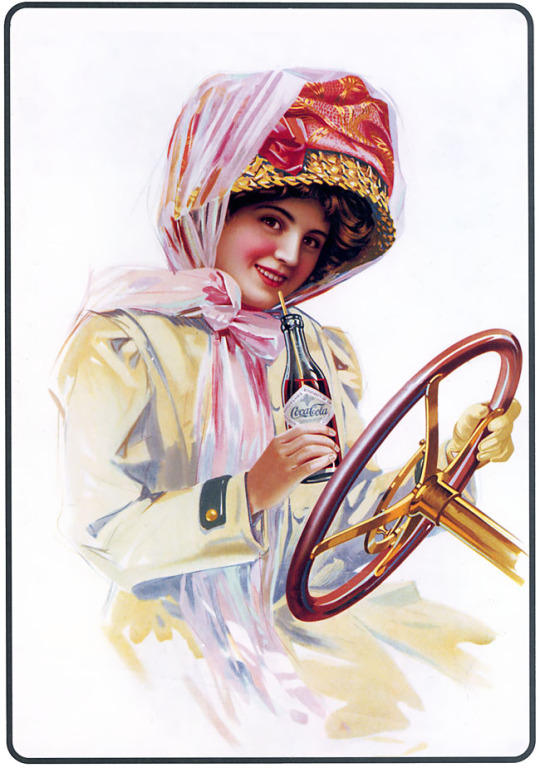
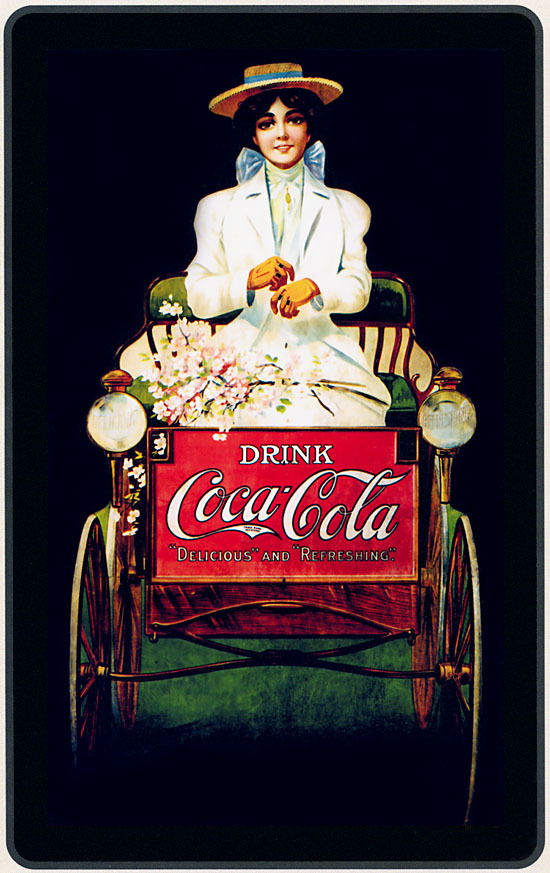
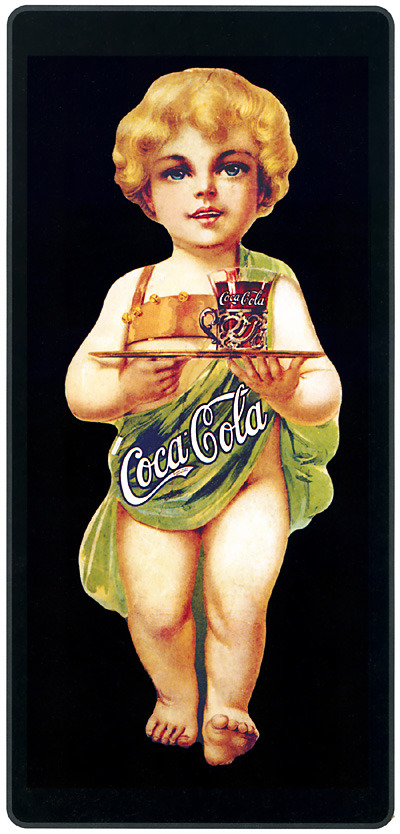
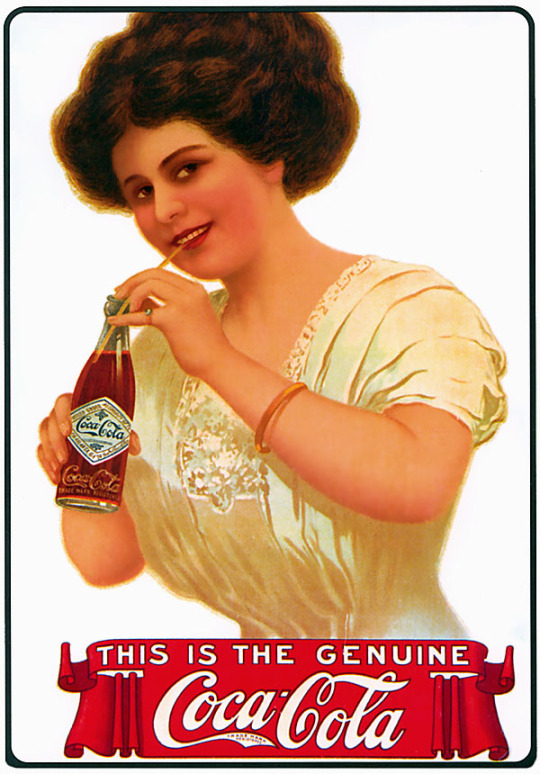
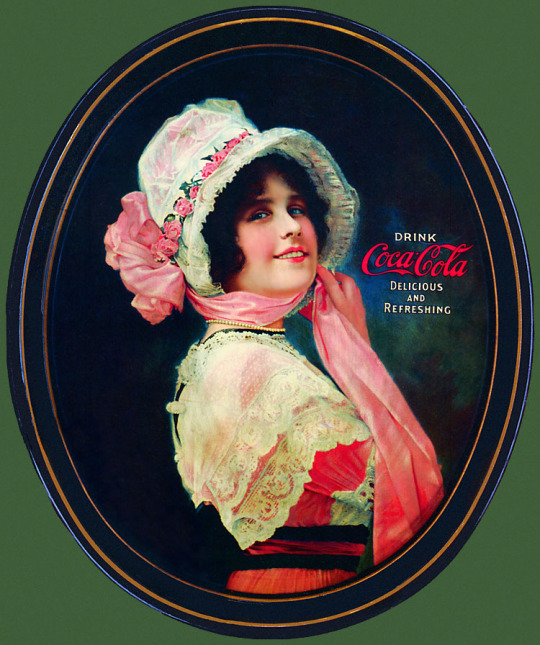
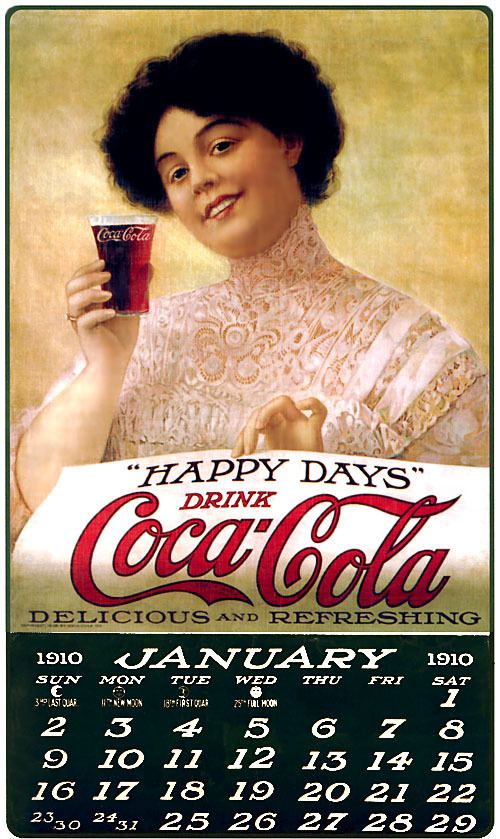
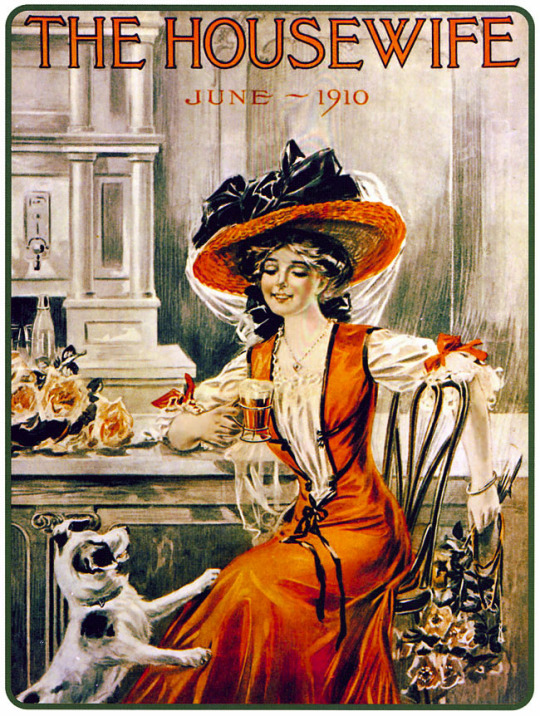
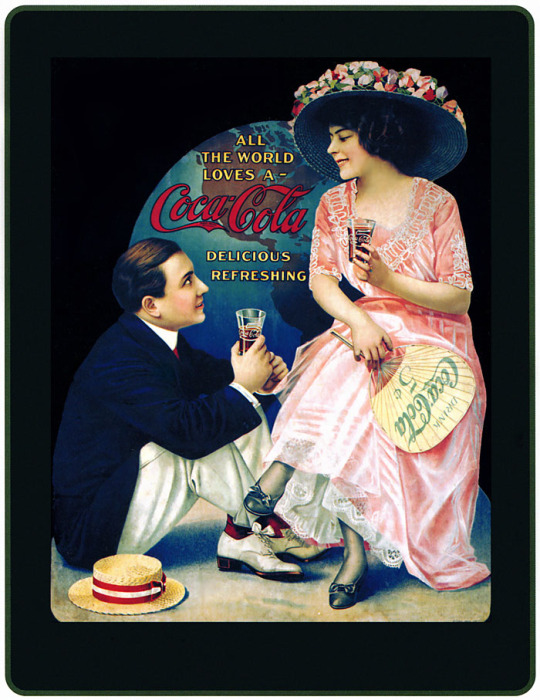
𝚅𝚒𝚗𝚝𝚊𝚐𝚎 𝙰𝚍𝚟𝚎𝚛𝚝𝚒𝚜𝚒𝚗𝚐 𝚏𝚛𝚘𝚖 𝙲𝚘𝚌𝚊 𝙲𝚘𝚕𝚊
𝙿𝚊𝚛𝚝2 𝙿𝚊𝚛𝚝3 𝙿𝚊𝚛𝚝4 𝙿𝚊𝚛𝚝5
.
#advertising #advertisingphotography #advertisingphotographer #advertisinglife #advertising_insta #advertisingphoto #advertisingart #advertising_photography #advertisingillustration #advertisingworld #advertisingawards #advertisingdesigner #advertisingcampaigns #advertisingshoot #advertisingguru #history #historyofart #historycal #historyfacts #historylovers #historyinpictures #historymade #historygeek #historyera #historyphoto #historyclass #historychannel #historylesson #historygram #historynerd #historytour #historyofphotography #historyplace #historylover #historyphotographed #historymatters #historyoffashion #historyiscool #arthistory #historical #historicalplaces #historicalpix #historicalclothing #historicalphotos #historicalromance #historicalmonument #historicalfacts #historicalart #historicalsnapshots #historicalphotography #historicalphoto #historicalpictures #historicalhome #historicalcenter #historicaldesign #historicalfantasy #historicalusociety
𝙼𝚊𝚝𝚝𝚎𝚛 𝚘𝚏 𝚃𝚒𝚖𝚎 𝚋𝚢 𝚂𝚑𝚊𝚛𝚘𝚗 𝙹𝚘𝚗𝚎𝚜 & 𝚃𝚑𝚎 𝙳𝚊𝚙-𝙺𝚒𝚗𝚐𝚜
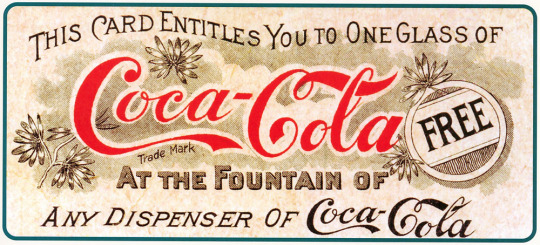
#coca cola#soft drink#4/2024#vintage#advertising#old advertisements#nostalgia#aesthetic#history#art history#history art#history aesthetic#lifestyle#Brands#american#American brands#usa#capitalism#art nouveau#art deco#fashion#vintage fashion#oldschool#ads#cool ads#x-heesy#now playing#music and art
78 notes
·
View notes
Text

#the difference is that people ask for Coca Cola Right#that’s the difference between Pepsi and Coca Cola in this meme?#because some people like one more then the other#so this meme isn’t about preference but about who understood what was wanted?#I hope I did it right#hohenzoller alignments#Friedrich Wilhelm i#friedrich der große#frederick the great#old fritz#Friedrich Wilhelm ii#friedrich wilhelm iii#frederick william iii#luise von mecklenburg strelitz#Friedrich Wilhelm iv#kaiser wilhelm i#kaiser friedrich iii#kaiser wilhelm ii#history memes#history#prussia#prussian memes#hohnezoller
16 notes
·
View notes
Text
On This Day In History
May 8th, 1886: Pharmacist John Pemberton sells the first bottle of Coca-Cola, for five cents a glass as a cure for (among other things), morphine addiction, indigestion, nerve disorders, headaches, and impotence. It was a nonalcoholic version of his previous drink, Pemberton's French Wine Coca.
The original Coca-Cola recipe did involve cocaine from coca leaves and caffeine from kola nuts, these two ingredients being the source of its name. Neither is present in the current recipe.
169 notes
·
View notes
Text

Apparently before Santa Claus, there was the Christmas Tree Fairy?!? 🧚🧚♀️🧚♂️
#history#Christmas tree fairy#victorian christmas#christmas traditions#christmas#Whitehern#hamilton ontario#before Coca Cola popularized Santa Claus
6 notes
·
View notes
Text
My mum remembers Coca-Cola coming to the country for the first time.
The first time that bottled coke, in the sleek glass bottles with the elaborately painted logo, was sold out of crates and chillers by a vendor who would cycle from house to house, stacked crates in tow.
They'd seen them before, of course. Granddad was very well-travelled, his work took him across the country and occasionally overseas. It made him a knowledgeable, well-read and respected man. He'd been abroad: Malaysia, Germany, Indonesia, other places I wasn't told about. He'd seen Coca-Colas. He was an adventurer of sorts, which I suppose shouldn't seem too out of the ordinary for someone who had chosen a career of tinkering with chemicals professionally. Wherever he travelled, mum recounted, he'd bring back a little souvenir. Music from abroad, posters, books, branded sweets that weren't sold in protectionist India.
It wasn't an unreasonable decision. After 200 years of being leached dry and Indian industry being virtually nonexistent, it wasn't hard to see why post-colonial India had closed off its domestic industries to outsiders. The government took control of most local trade and incentivised the Indian economy to grow without competition from wealthier players (at that point, there were companies that were wealthier than the entire nation of India).
This did however mean that no international products were sold in India. Imports were limited to the most basic parts and things that could not be procured locally, often raw materials. Coca-Cola was limited to glimpses in foreign films, and of course, to those who travelled. (Nothing was banned, of course. It was about the economy, not access to international goods.)
This changed in 1991. Finance Minister Manmohan Singh's decision to deliberately devalue the rupee, open up the tightly-controlled Indian market for trade and usher in the age of globalisation introduced the world to India again, this time in its local paan shop (or cornershop, aware of the fact that like 3 people that follow me at best will know what that means). Mum remembers buying Coca Cola for the first time, in rupees, locally in 1991 as a girl. It sounds like a very small and trivial thing, but it was part of a decision that changed the Indian economy's fortunes forever.
From a country that had maybe two weeks' worth of forex reserves in tow, India evolved to become one of the fastest-growing GDPs in the world. It was once again Dr. Manmohan Singh's policies, this time as Prime Minister in 2008, that meant India escaped the worst of the global financial crisis. The economy didn't crash, didn't go into recession, fewer jobs were lost, and largely, India emerged unscathed compared to larger economies out west.
But I think about some of these little things, and how he changed the country forever, as the nation observes his passing today.
#politics#economy#history#world history#culture#coca cola#writing#manmohan singh#global news#global politics#news#world news#desi#India
5 notes
·
View notes
Text

#1950's#1950's Pinup#1950's Coca-Cola#History#Historycore#Historical#Historicalcore#Historic#Historiccore#Aesthetic#Historiccore Aesthetic#Historic Aesthetic#Historicalcore Aesthetic#Historical Aesthetic#Historycore Aesthetic#History Aesthetic#1950's Coca-Cola Aesthetic#1950's Pinup Aesthetic#1950's Aesthetic#original phography#original photography on tumblr#original photography blog#original photography#original photographers#photography
4 notes
·
View notes
Text






















The Coca-Cola Company, then known as the Pemberton Medicine Company, was incorporated in Atlanta on January 15, 1889.
#Wigwam Village Inn 2#Cave City#Kentucky#Coca-Cola Company#Pemberton Medicine Company#incorporated#Atlanta#15 January 1889#anniversary#US history#soft drink#Georgia#vacation#Centennial Olympic Park#World of Coca-Cola#original photography#USA#summer 2016#tourist attraction#landmark#architecture#cityscape#Gott's Roadside#St. Helena#California#John Pemberton by Russ Faxon#Paradise#Las Vegas Strip#travel
3 notes
·
View notes
Text

The evolution of the Coke bottle
25 notes
·
View notes